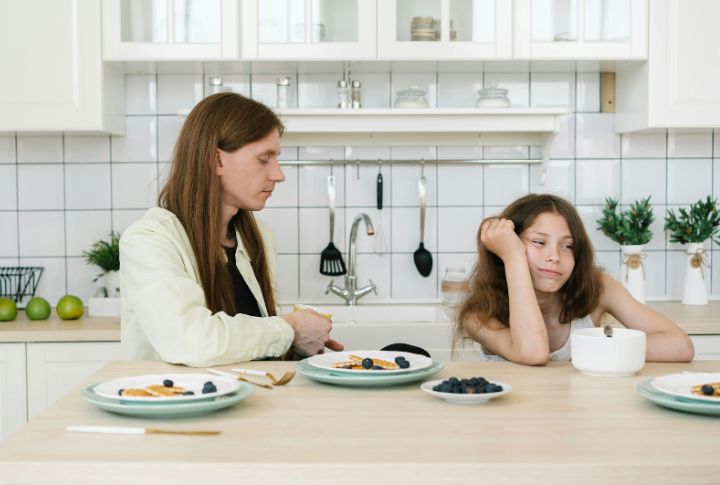Lifestyle
10 Subtle Traits That Reveal Selfishness In Grown Children

Most parent-child struggles don’t erupt overnight. Instead, they simmer under polite conversations and skipped gestures. Some grown children begin to treat relationships like routines—comfortable, but one-sided. As this dynamic sets in, subtle signs often emerge. Below are ten traits that may indicate growing selfishness and emotional distance in adult children.
Refusing To Acknowledge Mistakes

A refusal to apologize, even when one is clearly at fault, often signals emotional immaturity and an inability to take responsibility. While it may be subtle at first, this toxic trait gradually takes root. Over time, apologies are replaced with justifications or complete silence when hurt is caused.
Expecting Their Needs To Be Met Always

Entitlement can surface when adult children expect their parents to meet their needs without acknowledging their parents’ own. This dynamic can stem from unresolved childhood patterns where these young adults struggle to shift from dependency to mutual respect. Eventually, it fosters imbalance and leaves these guardians feeling unseen and emotionally exhausted.
Monopolizing Dialogue

Attention-seeking behaviors often mask deeper insecurities. Some grown children steer discussions toward their lives while disregarding their parents’ experiences or struggles. They often overlook questions about others and only show interest when they’re the topic. All genuine connections thrive on reciprocity, and so should the parent-child relationship.
Showing Little Interest In Guardians’ Lives

Neglecting a parent’s well-being is a subtle form of selfishness that often signals emotional distance. In many cases, self-focused adult children reach out only when they need something. Instead of a relationship built on mutual care, the parent is reduced to a background role—always there to listen, but rarely truly heard.
Dismissing Other’s Feelings As Unimportant

Some adult children trivialize their parental concerns, labeling them as dramatic or exaggerated. Subtle reactions such as eye-rolling, sarcastic replies, or abrupt subject changes send the message that the parents’ emotions are irrelevant. This dismissiveness erodes trust and undermines open communication and mutual respect.
Entitlement To Financial Help

Financial entitlement often arises from unspoken assumptions. Some adult children come to see parental support as a given, rather than a generous act of care. Expecting parents to meet financial needs without considering their own responsibilities reflects a lack of awareness. When appreciation is mutual, generosity stays rooted in choice, not obligation.
Demanding Family Time While Contributing Very Little To It

Insisting on family gatherings without meaningful participation reveals selfishness masked as obligation. In most cases, parents usually desire a genuine connection and will do anything to make family gatherings a success. When children dodge their responsibilities in this manner, the result is a one-sided dynamic that leaves others feeling exploited or disregarded.
Resenting Parents’ Success

Subtle jealousy quietly shapes encounters. Adult children sometimes feel uneasy celebrating their parents’ success or stature. This quiet resentment manifests in dismissiveness or emotional withdrawal, which fosters competition rather than support. Eventually, these feelings of unappreciation lead to deepened emotional rifts.
Using Emotional Distance As Manipulation

Withdrawing emotionally serves as a control mechanism, where children get to manipulate closeness on their own terms. The distancing tactic here creates uncertainty and pain for parents, who may interpret it as a form of rejection. Such patterns complicate reconciliation and require careful boundary setting and communication to restore.
Blaming Others To Avoid Responsibility

A common trait in self-centered adult children is shifting blame onto parents, circumstances, or external factors to sidestep accountability. This pattern fosters unresolved tensions, ultimately trapping relationships in cycles of frustration. Owning mistakes—however uncomfortable—builds respect and strengthens the parent-child bond over time.

